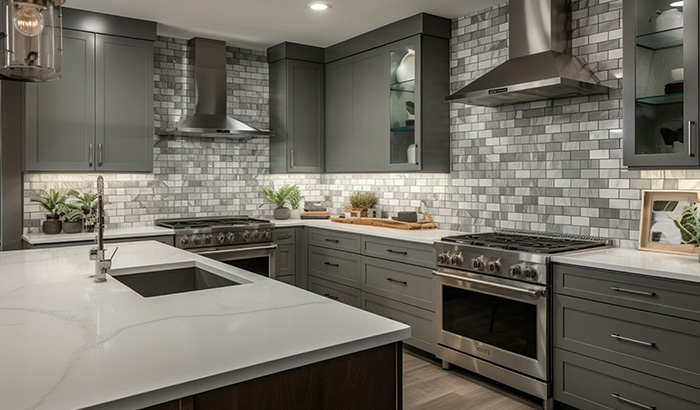How Durable Are Quartz Countertops?
This combination of natural quartz and synthetic components creates a highly durable and versatile countertop material. But just how durable are quartz countertops?
Finest Granite, Quality Workmanship



Business Hours
Contact Us
@2024 Intermountain Stone & Marble Company | All Right Reserved